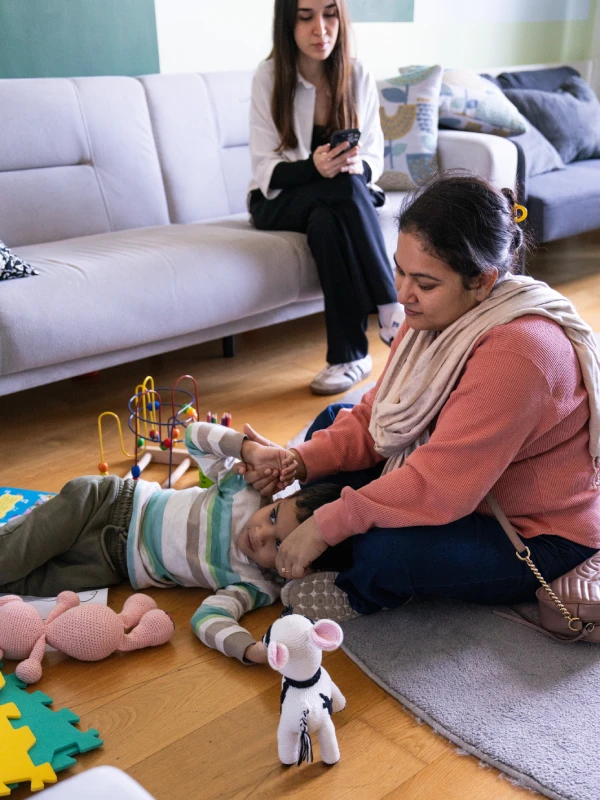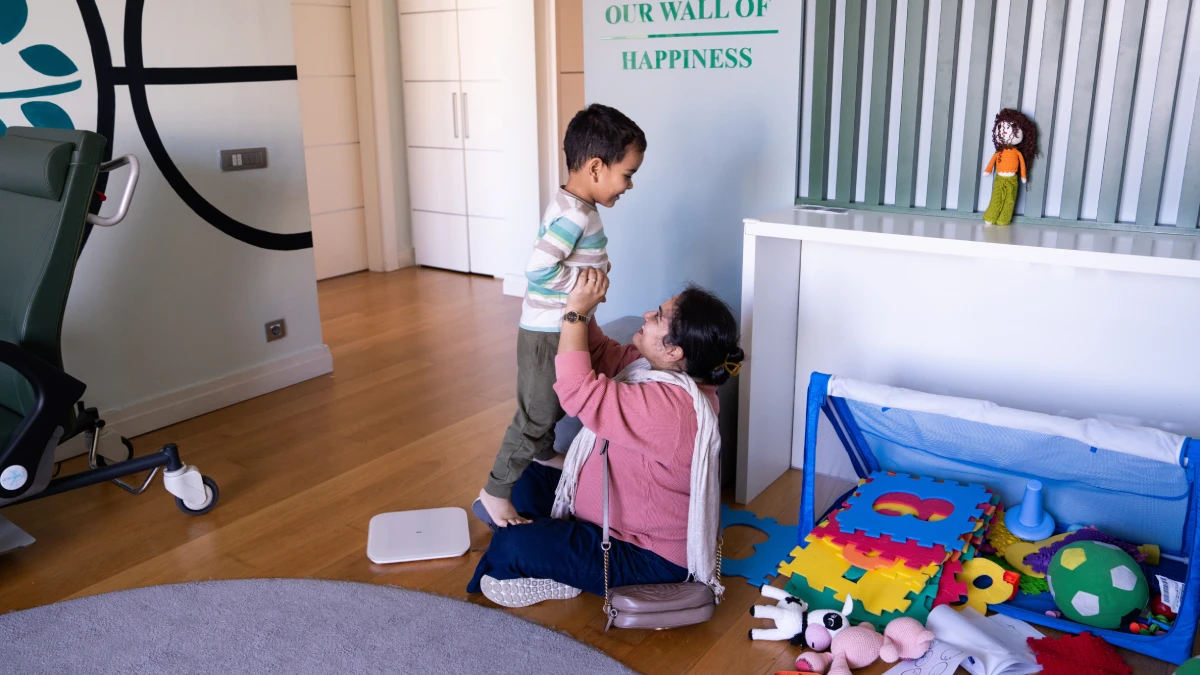Parenting a child with autism comes with unique challenges, and one of the most common struggles parents face is caregiver burnout. The physical, emotional, and mental toll of constant care and support can lead to exhaustion and stress. This article provides insight into caregiver burnout, practical tips for managing it, and explores how stem cell therapy for autism is offering new hope to families. With a focus on how effective treatments like stem cell therapy are contributing to positive outcomes, parents can find both reassurance and practical strategies to care for themselves and their children.
Table of Contents
What is Caregiver Burnout?
Caregiver burnout refers to the physical, emotional, and mental exhaustion that can occur when caring for someone with chronic needs. For parents of children with autism, the demands can be particularly intense due to the need for constant attention, patience, and support. Symptoms of burnout may include:
• Emotional exhaustion: Feelings of frustration, hopelessness, or irritability.
• Physical fatigue: Persistent tiredness, lack of energy, or insomnia.
• Detachment: A sense of disconnection from the child, family, or daily activities.
• Increased stress: Chronic anxiety or depression.
Recognizing the signs early and taking steps to address them is crucial for both the caregiver’s well-being and the child’s development.
Managing Caregiver Burnout: Tips for Parents
Caring for a child with autism requires immense dedication, and it’s essential to prioritize self-care. Here are some practical tips that can help alleviate caregiver burnout:
1. Seek Support from Other Parents and Professionals
• Joining support groups for parents of children with autism can provide emotional relief. Hearing from others in similar situations fosters connection and understanding.
• Engage with healthcare professionals, such as therapists, who can offer guidance on managing stress and improving caregiving strategies.
2. Practice Regular Self-Care
• Take time for yourself, whether through meditation, hobbies, or simply taking breaks. Rest is essential for avoiding burnout.
• Physical exercise, such as walking or yoga, can reduce stress and improve mood.
3. Delegate Responsibilities
• If possible, share caregiving duties with other family members or professional caregivers. This gives parents time to recharge.
4. Consider Stem Cell Therapy for Autism
• One promising option for families is stem cell therapy for autism, which has been shown in some clinical trials to offer positive outcomes for children with autism, potentially reducing symptoms such as anxiety, sensory overload, and communication difficulties. This could help ease the caregiving burden by enhancing the child’s independence and social functioning.

Stem Cell Therapy for Autism: A Potential Solution
Stem cell therapy has been a topic of growing interest in autism treatment. Parents seeking solutions to reduce the challenges associated with autism may consider it as an option. While still under study, the therapy has demonstrated promising results in clinical trials.
Stem Cell Therapy Success Stories Autism
Success stories from families who have used stem cell therapy show positive changes, with some children experiencing improvements in communication, social skills, and behavior regulation. These success stories are often shared on online forums and review sites, offering hope to others.
How Effective is Stem Cell Therapy for Autism?
The effectiveness of stem cell therapy for autism varies, with some children showing significant improvements while others may experience more modest changes. However, the results from clinical trials and patient feedback suggest that stem cell therapy could be a viable complementary treatment for autism spectrum disorder (ASD).
Stem Cell Therapy Autism Side Effects
Like any medical treatment, stem cell therapy can have side effects. However, the side effects are typically mild, including temporary fatigue or minor inflammation. It’s important for parents to discuss the potential risks and benefits with a healthcare provider before moving forward.
Stem Cell Therapy Autism Research
Ongoing research into the application of stem cell therapy for autism is focusing on the ways stem cells can support neural development and repair brain functions affected by autism. Clinical trials continue to explore the long-term benefits of the therapy, with promising results.
Stem Cell Therapy Autism Clinical Trials
Parents interested in stem cell therapy for autism should consult with reputable clinics conducting clinical trials. These trials help determine the effectiveness and safety of stem cell treatments for autism and provide critical data on its success rate.
Stem Cell Therapy Autism Success Rate
While results vary, the success rate of stem cell therapy for autism is encouraging. Many families report improvements in behavior, socialization, and cognitive abilities, though results may depend on factors such as the child’s age and the severity of their symptoms.
Conclusion
Caregiver burnout is a real concern for parents of children with autism, but it’s essential to remember that help is available. By recognizing the signs of burnout and adopting strategies for self-care, parents can find ways to cope. Additionally, innovative treatments like stem cell therapy for autism offer hope for both parents and children. As research continues to explore its potential, stem cell therapy may become an increasingly valuable tool in managing autism. It’s important for families to stay informed and consult with healthcare professionals to find the best approach for their child’s needs.
Visit our YouTube channel to watch our videos.
Frequently Asked Questions
What are the main signs of caregiver burnout in parents of children with autism?
The main signs of caregiver burnout include emotional exhaustion, physical fatigue, detachment from activities, and increased stress.
How can stem cell therapy help children with autism?
Stem cell therapy has shown promise in improving communication, social skills, and behavior regulation in some children with autism. However, results vary from child to child.
Is stem cell therapy for autism safe?
Stem cell therapy for autism is considered generally safe, but like any medical treatment, it may come with minor side effects such as fatigue or inflammation. It’s essential to consult with a healthcare provider before pursuing this treatment.
Can I find stem cell therapy for autism near me?
Yes, many stem cell clinics offer autism treatments globally, including in major cities. It’s essential to research the best clinics and consult with professionals before making a decision.
